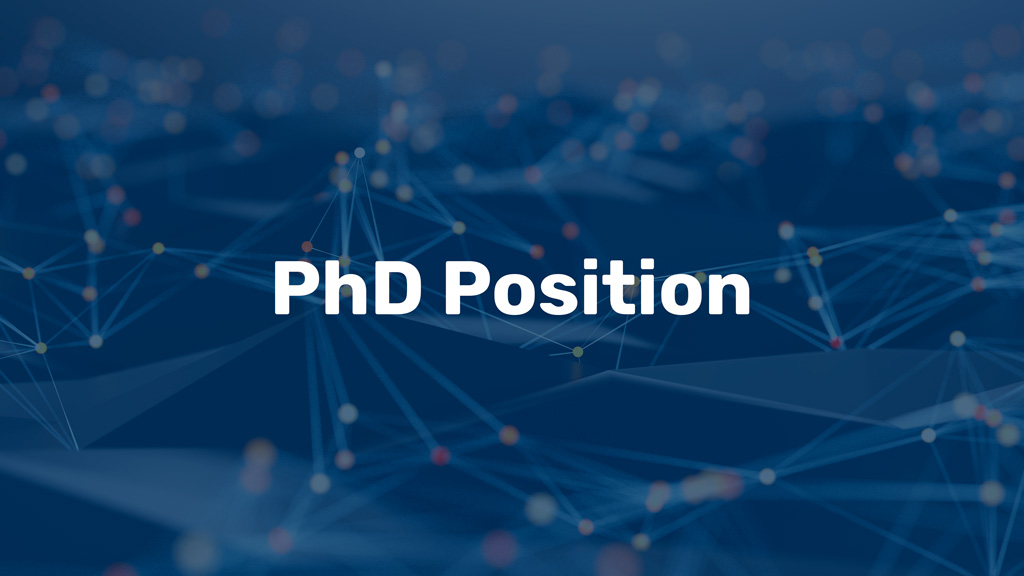DCU School of Law and Government and DCU School of Communications
Towards a holistic approach of AI for societal good: reconciling the EU’s digital sovereignty and green transition ambitions
Interdisciplinary PhD Scholarship on the Theme of AI & Society
(4 years, full time)
Have you recently completed or are about to complete a master’s degree focusing on digitalisation and/or environmental issues? Are you interested in carrying out interdisciplinary research at the intersection with digital law studies or environmental geography during the next few years, commencing in September 2024?
The DCU School of Law and Government jointly with the School of Communications is offering a fully funded, four year PhD scholarship including fees and a yearly tax-free stipend of €22,000 in the Faculty of Humanities & Social Sciences at Dublin City University. The student will be registered in the School of Law and Government. The project will be supervised by Dr Edoardo Celeste and Dr Trish Morgan.
Towards a holistic approach of AI for societal good: reconciling the EU’s digital sovereignty and green transition ambitions.
In December 2022, the EU Commission, Parliament and Council adopted the European Declaration on Digital Rights and Principles for the Digital Decade, articulating the pillars of fundamental digital rights in the EU. Article 23 of the Declaration enshrines for the first time the principle of sustainable development of digital technology, establishing that digital products and services should be produced, used and disposed of in a sustainable way, avoiding harms to the environment and favouring the circular economy. This recent attention to the digital transition and climate change mitigation is welcome. However, EU digital and green ambitions, even if well-articulated separately, seem to lack a holistic and integrated approach, particularly in the context of the use of AI technologies for societal good.
In both the EU digital and green policy strategies, the potentials of AI for societal good are touted. Building AI systems made in the EU help protect member states’ digital sovereignty. Supporting EU geopolitical autonomy in the digital field fosters the role of the EU as a centre for digital innovation and ensures the application of EU fundamental rights as well as the protection of digital critical infrastructures. AI is also seen as part of the green transition away from more ‘dirty’, energy intensive manufacturing sectors, while also holding potentials in climate forecasting and extreme weather modelling. However, the use of AI technologies does not have a zero impact on the environment.
With these challenges and potentials around digital sovereignty, green transition ambitions, and the emerging role of AI, the sought PhD project should answer some key questions, such as: how can the development of AI systems relying on energy-intensive data centres in the EU be reconciled with the EU green ambitions? How can the EU become digitally sovereign if most of the raw materials needed to support the expansion of AI-based digital products are from developing countries and regions with different climate mitigation standards and goals?
We seek PhD projects investigating the role of AI for societal good through the tensions between the EU’s digital sovereignty and its green transition aspirations, analysing impacts of these two ambitions on AI as a tool for societal good. There is currently little literature exploring ways of better integrating the digital and green transitions from a legal and policy perspective, in particular in the context of regulation of AI technologies. We seek PhD proposals aiming to address this gap, studying how to reconcile the EU digital and green ambitions combining a legal-policy approach with an environmental geography perspective. The EU is currently transitioning from drafting ethical guidelines on the use of AI systems to regulation. The current discussions will shape the role of AI in achieving crucial EU policy strategies related to digitalisation and green transition. A holistic approach including legal and environmental considerations is needed in order to define the principles that will guide the use of AI in achieving the EU digital sovereignty ambitions and green aspirations.
The ideal candidate must have recently completed or is about to complete a master’s degree or equivalent focusing on digitalisation and/or environmental issues. The candidate is expected to have first class or upper second-class honours bachelor’s (or equivalent) degree. In addition, the applicant should:
- Have a strong interest in digitalisation or green transition
- Have a strong background in digital law and policy; environmental law; or environmental geography.
- Have excellent writing and communication skills.
- Have excellent knowledge of written and spoken English (See DCU’s requirements for English language skills; applicants must ensure that they meet these requirements before submitting an application.
- Meet DCU’s entry requirements in general (see general entry requirements here)
Deadline: The strict deadline for application is: 31 May 2024. Applications received after this deadline will not be considered. Shortlisted candidates will be invited for interview at the beginning of June.
What to submit: Candidates should email their applications in a single pdf file to Dr Edoardo Celeste (edoardo.celeste@dcu.ie) AND Dr Trish Morgan (trish.morgan@dcu.ie) with “Interdisciplinary PhD in AI & Society” in the subject line. This application must include:
- A brief cover letter outlining your motivation for applying
- A complete version of the form below
Note: Incomplete applications will be deemed ineligible.
Process: Applications will be reviewed by the supervisory panel and short-listed. Short-listed candidates will be called for interview (online). Interviews will take place in June 2024. If successful at the interview stage, candidates will then be invited to make a formal application to DCU via the Student Application Portal. Applicants are expected to read the information available here on the general process for PhD applications to DCU. Please note that the offer of a scholarships is not a formal offer of a place for PhD studies at DCU. The latter is made only after successful application via the Student Application Portal and verification of eligibility.
For informal queries, please contact: edoardo.celeste@dcu.ie and trish.morgan@dcu.ie
